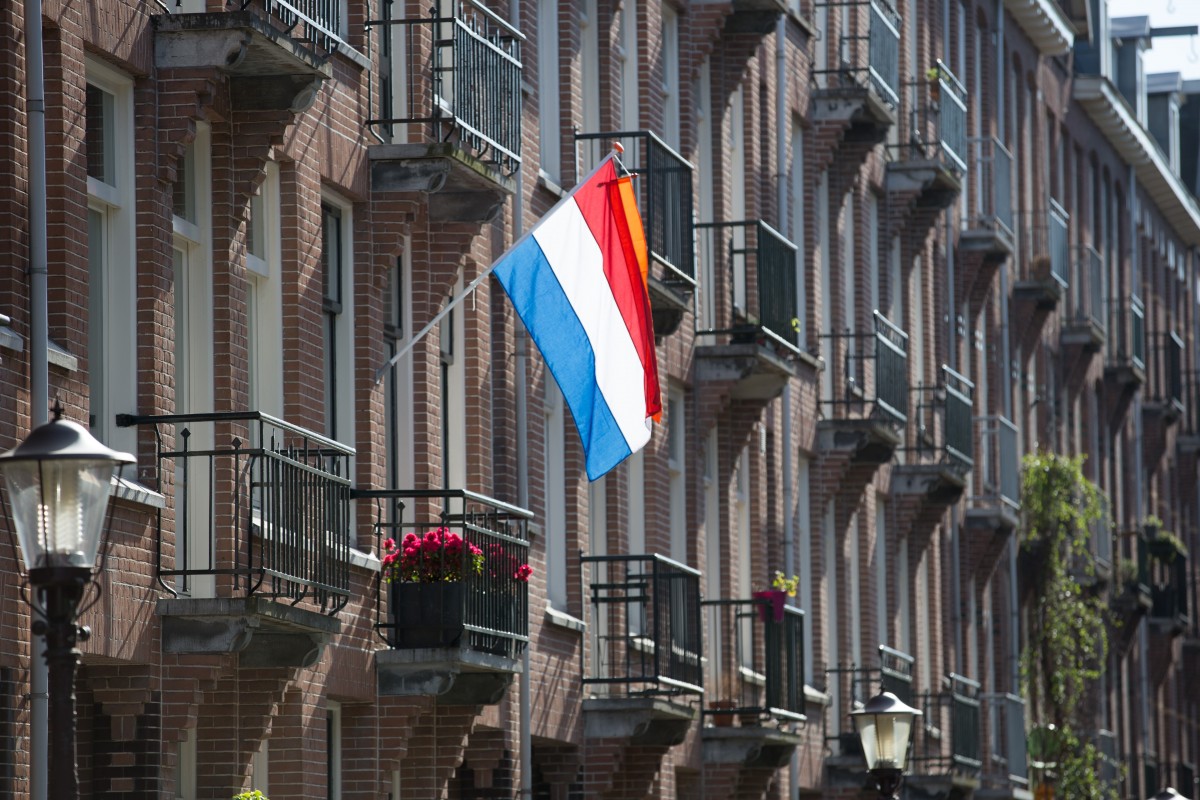Hoi everyone! Today, let’s talk about Dutch.
WHY DUTCH?
Dutch counts around 23 million native speakers of Dutch worldwide. It is spoken in the Netherlands, Belgium and Suriname. Dutch is also an official language of Aruba, Curaçao and St Maarten.
Even though the Netherlands is one of the countries with the best non-native English speakers, the Dutch really appreciate when content is available in their language or when it is localized to meet their culture. This is one of the many reasons why you should consider including Dutch in your selection of available languages. Let’s check out other reasons.
HERE’S WHY:
- By translating your content into Dutch you will reach the Dutch people at a stronger and deeper level.
- The Netherlands is the 7th in the list of countries by imports making the Dutch market a very appealing one for several industries. For this reason, investing in high quality language services to make your business more attractive for the Dutch is worth it.
- Most of the Dutch population speaks English almost fluently. This is because they learn it in school but also because most tv-shows and movies are not dubbed in Dutch! But this doesn’t mean that everyone, especially in the villages in rural areas, understand it and speak it. Therefore, investing in translating/subtitling/localization could be a great idea!
A BIT OF HISTORY
Dutch is a West Germanic language, together with English, Frisian, German and Luxembourgish. The earliest documents in Dutch date from the end of the 12th century although some words and names appear a little earlier. In the Middle Ages the language was called “Duutsc”, and it meant “language of the people”. It then became “Dutch”, in English. The official language, though, is called Nederlands or Hollands. As many other languages, Dutch has multiple dialects that vary among regions and provinces but there is a standardized version, the Standard Dutch, which is used for public and official purposes.
INTERESTING FACTS:
1. Almost 1/3 of the Dutch language was borrowed!
Yes, Dutch have many words that are either loanwords or words that originate from French, Hebrew and English. The English words don’t come as a surprise as they belong to the same language family.
What about French influences?
In the 17th, 18th and 19th centuries the European elite spoke French. Also, for some time, from 1810 to 1813, with Napoleon, the Netherlands was part of France. Therefore, French was the official language with Dutch. Using some French words here and there was a sign that you belonged to the upper class. Many of these words remained in use! Check out some of them here.
What about Yddish/Hebrew influences?
The pre-modern Dutch society had multiple relations with the Jews, especially in the sphere of commerce. Also, Holland’s historical openness to the Jews created the opportunity for Hebrew words to stick around! For these reasons, many words related to the world of money and commerce (legal and illegal) remained in the Dutch language. Read here some examples!
2. Dutch words have so many consonants.
Dutch is known to be quite a difficult language to speak. This is mainly because of how difficult some words are to pronounce. One of the reasons for this is that Dutch words have many consonants in sequence. The word “angstschreeuw” for example, that means “scream of fear” has 8 consonants while the word slechtstschrijvend, meaning “worst writing” has nine. The Dutch do enjoy asking foreigners to pronounce these words to hear what comes out!
3. Dutch words can be really long.
The longest Dutch word in the dictionary is 35 letters long, Meervoudigepersoonlijkheidsstoornis, which means multiple personality disorder. But The Dutch language can form compounding nouns. For this reason, Dutch words can become incredibly long! For example:
- Randjongerenhangplekkenbeleidsambtenarensalarisbesprekingsafspraken: the salary negotiations of public servants who decide on policies about where it is okay for unemployed youth to hang out.
- Hottentottententententoonstellingsterrein: exhibition ground for Hottentot tents
Aren’t languages incredibly interesting?
If you are looking for professional language services don’t hesitate in getting in touch!

